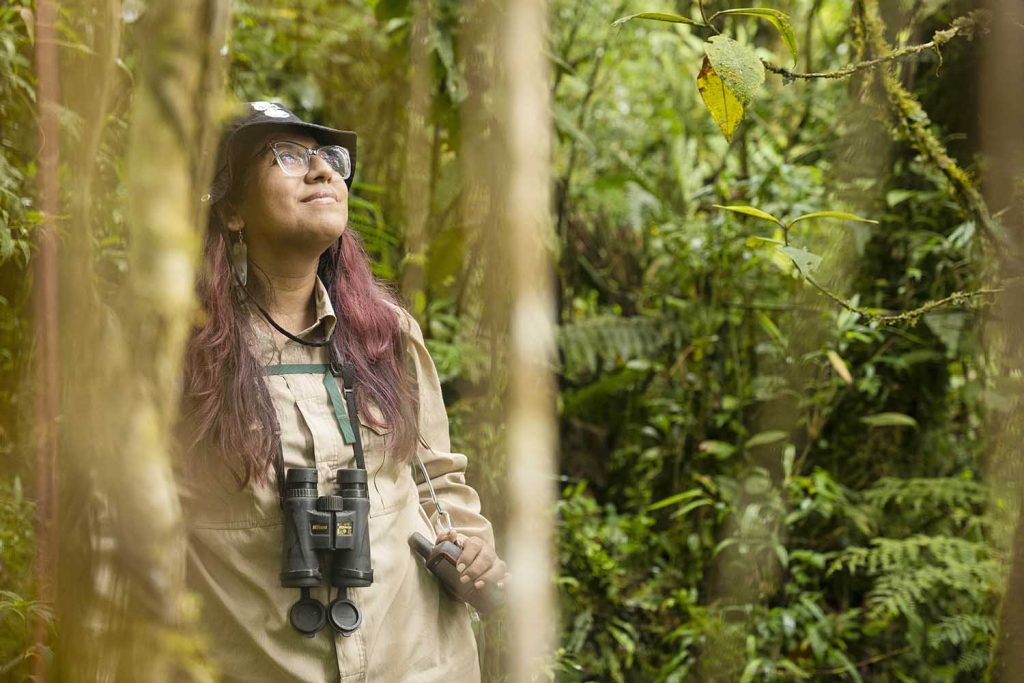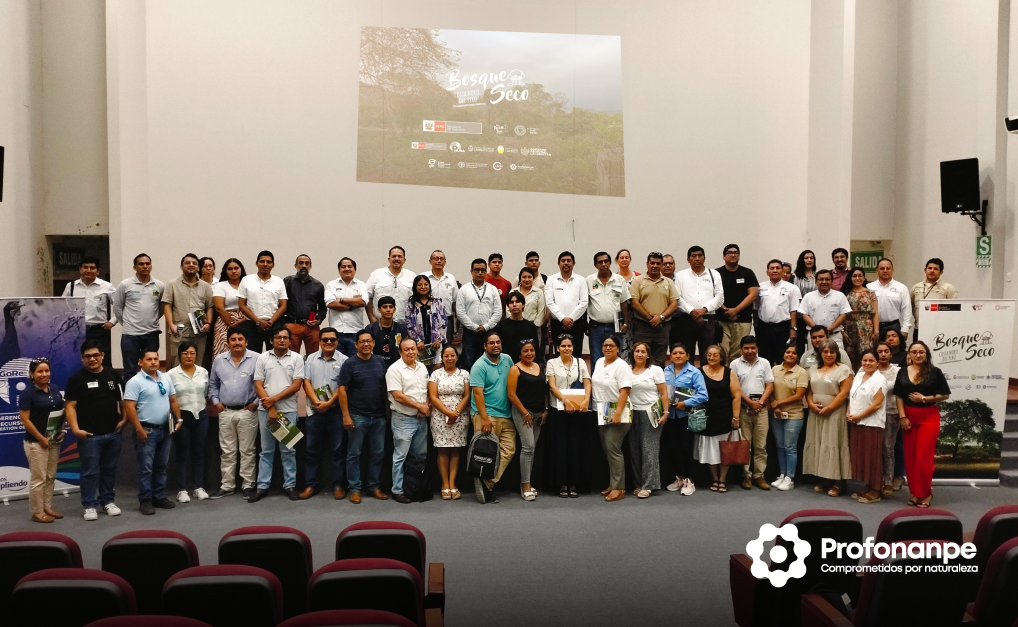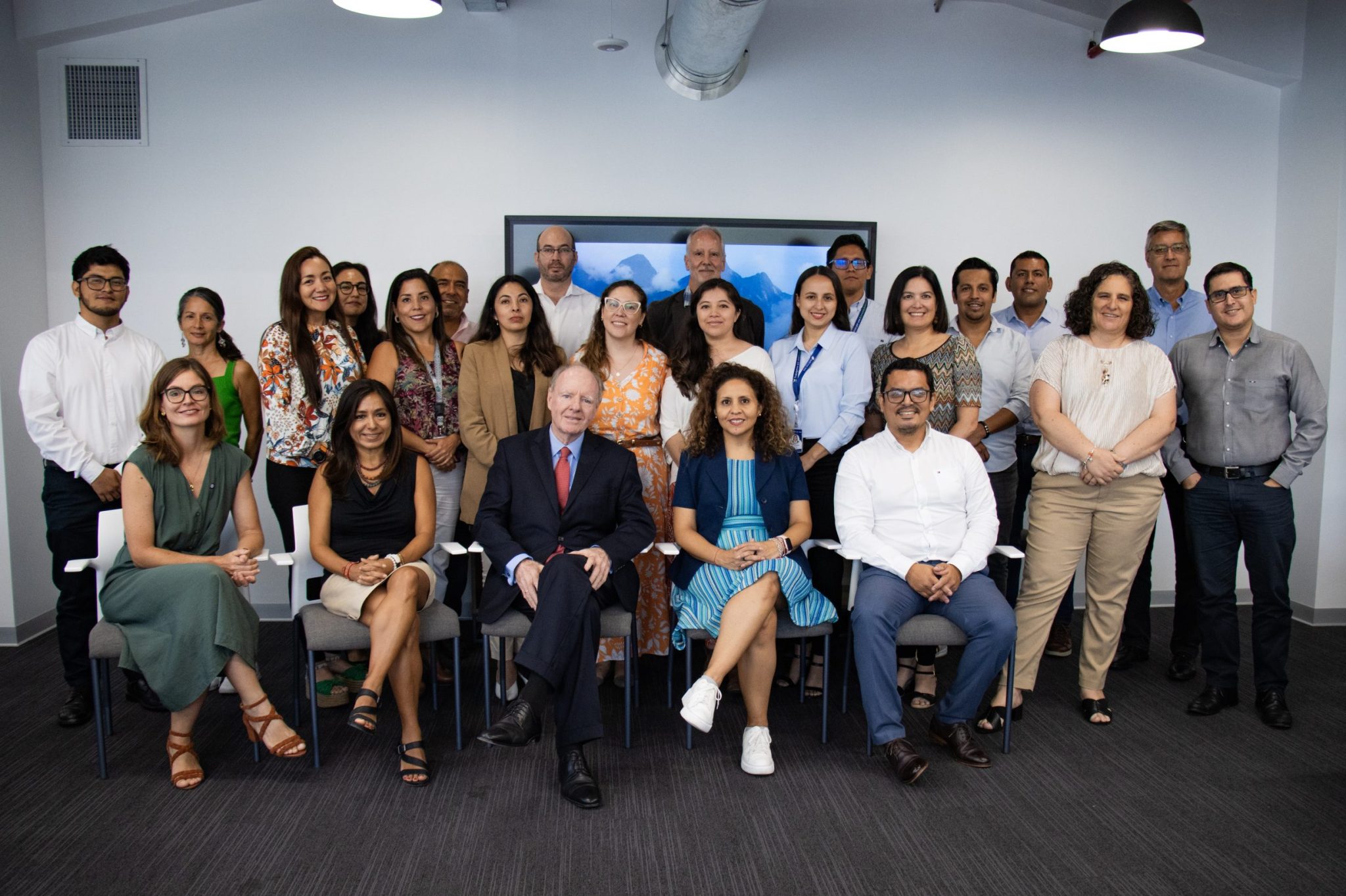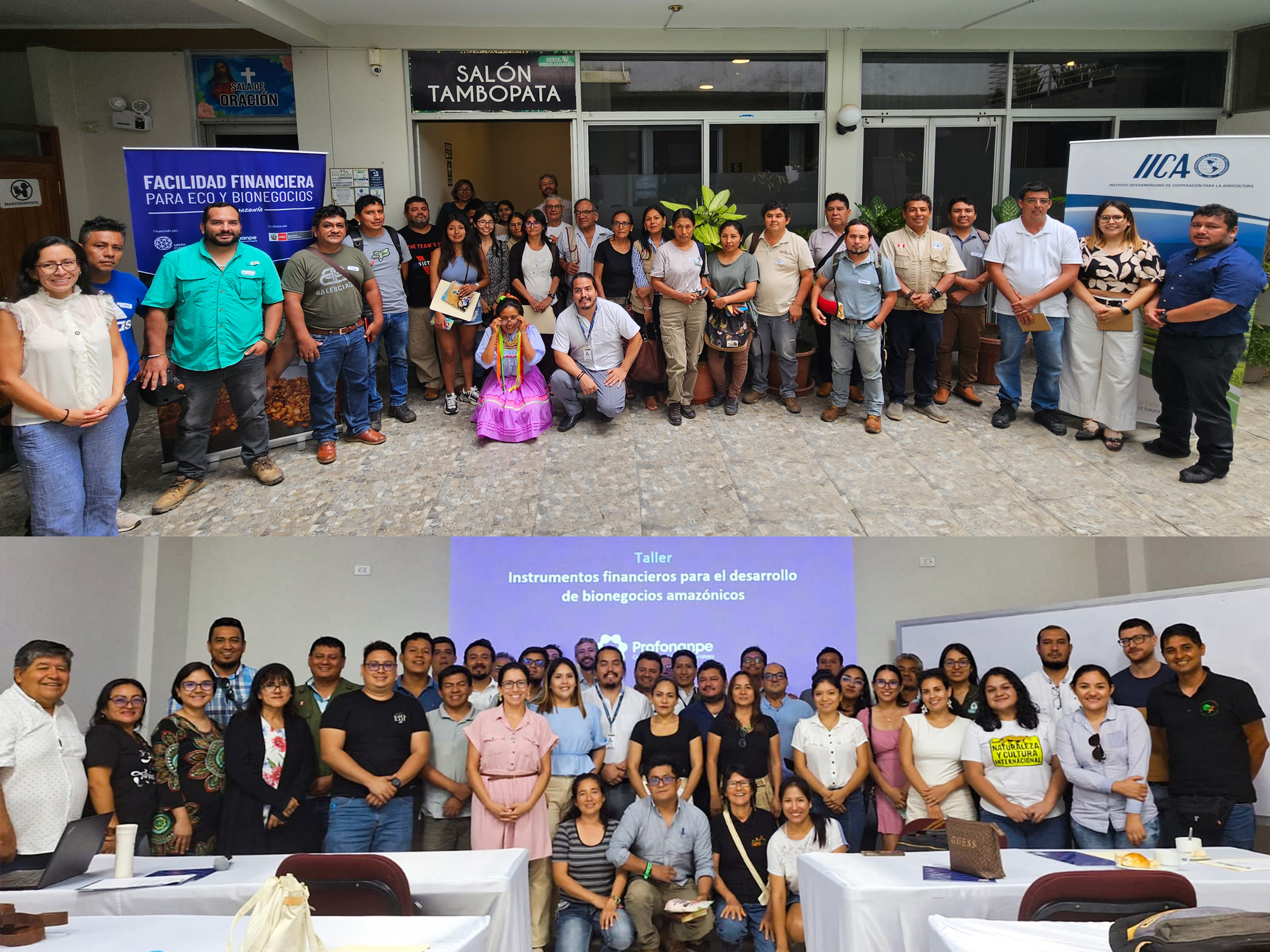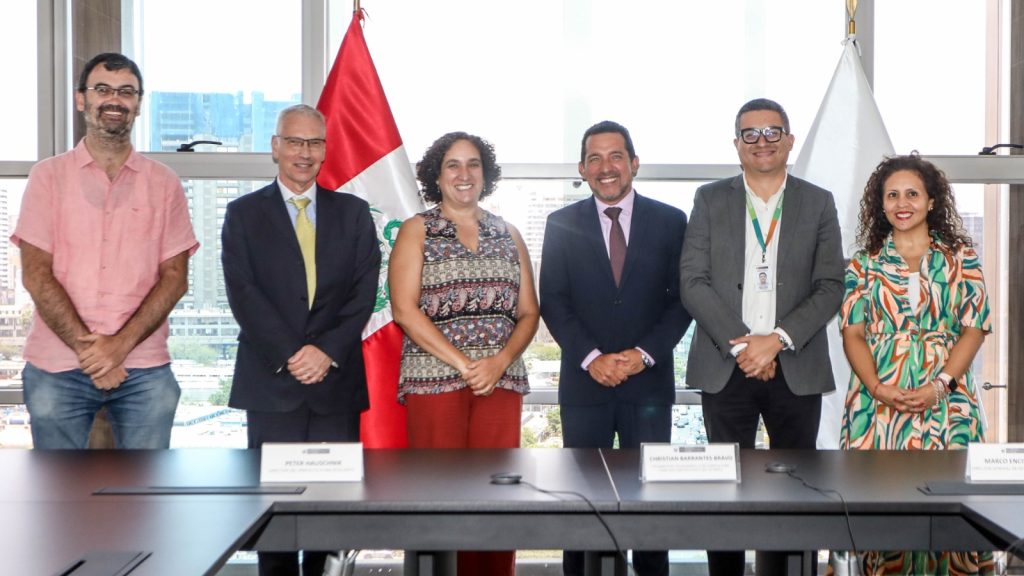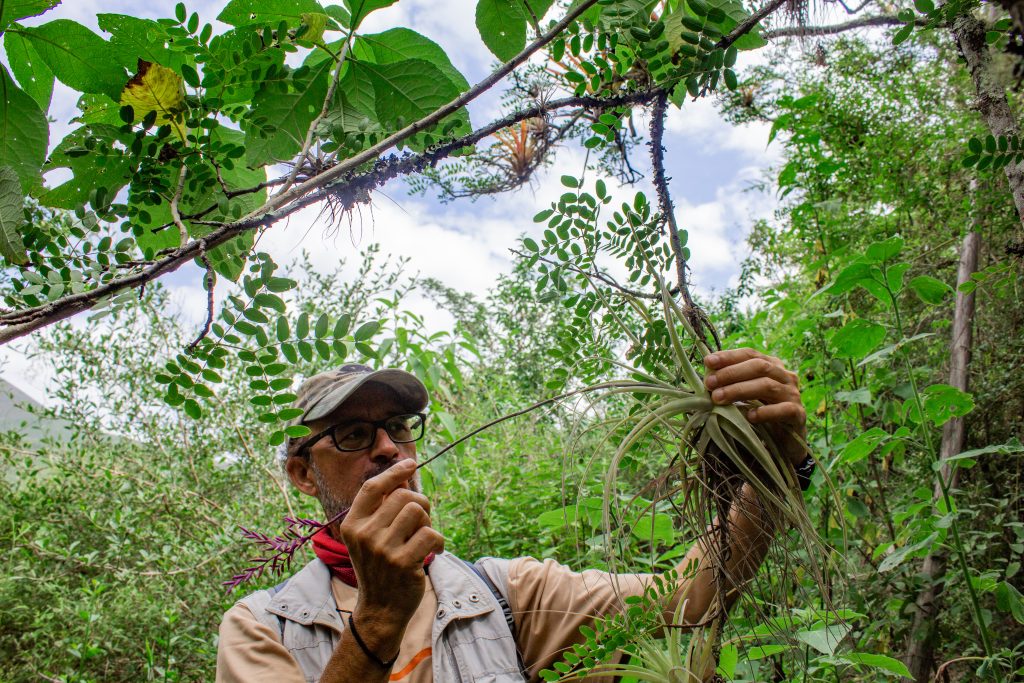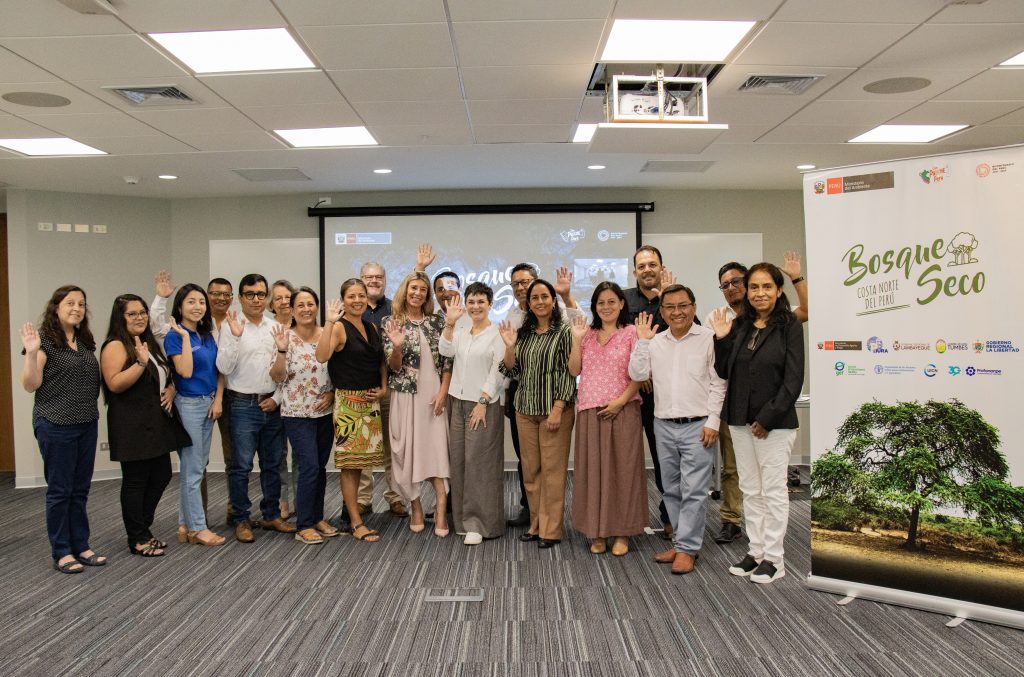Excitement, satisfaction and responsibility. Those were Fanny Cornejo’s first feelings when she learned that she was one of the 10 finalists for the Emerging Conservationist Award, given by the Indianapolis Prize organization to recognize researchers around the world under the age of 40 who are making a significant impact on the conservation of endangered species.
Fanny is backed by more than 15 years of work in the protection of the yellow-tailed woolly monkey (Lagothrix flavicauda), which inhabits the cloud forests of the tropical Andes. She also highlights the value that the support provided by the Critical Ecosystem Partnership Fund (CEPF) has had for her and the Yunkawasi Civil Association, the organization she leads.
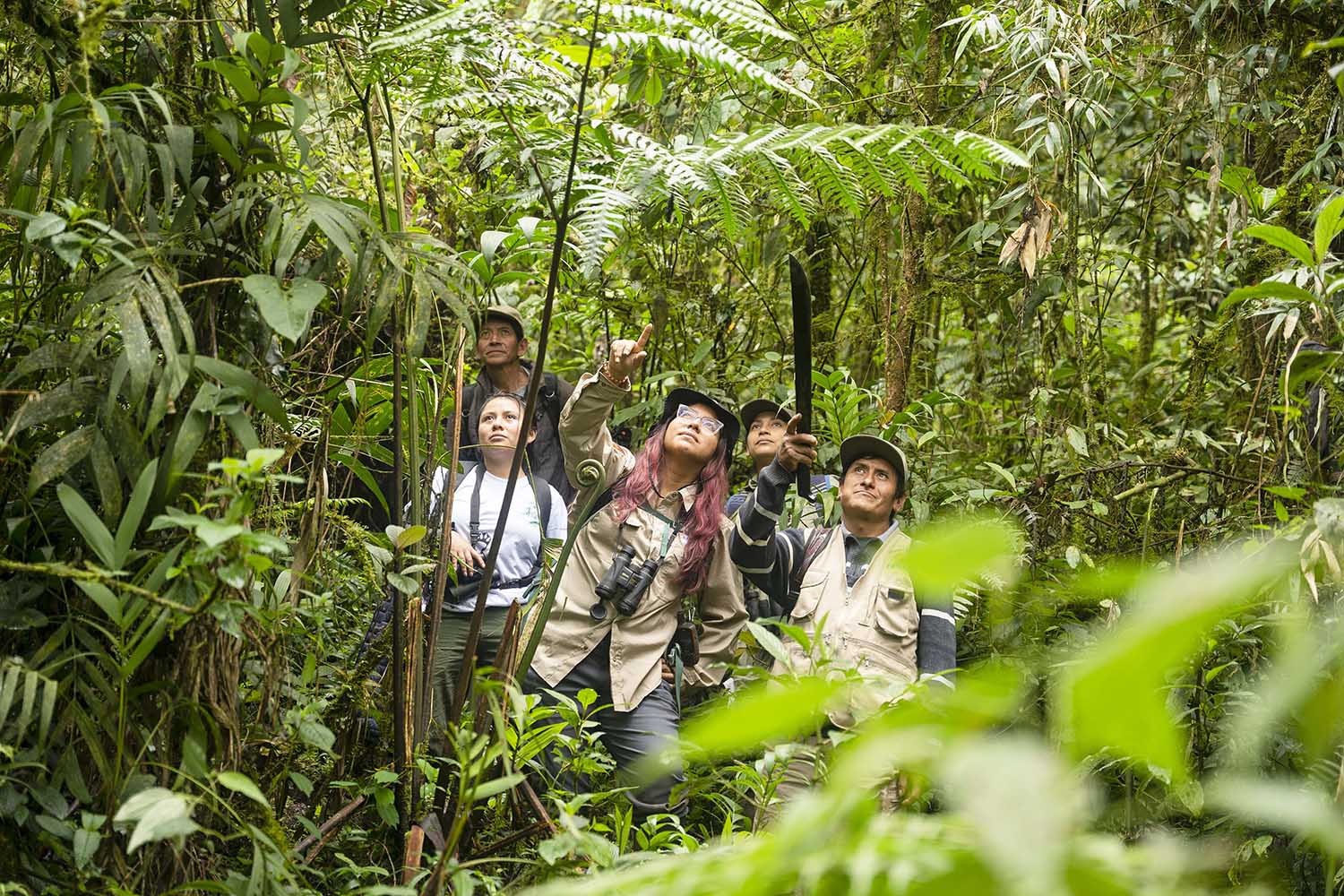
“The first organization that believed in us and supported us when we incorporated other work approaches in Yunkawasi was CEPF in 2016. It was the key support for our growth and we greatly value the backing as it allowed us to consolidate new actions,” she said.
Since then, Yunkawasi has been able to add more institutions to its portfolio of donors, which now allows them to have projects in seven regions of Peru and a team of more than 40 professionals, whom Fanny recognizes as decisive for her nomination, as it is the result of conscious teamwork.
“CEPF’s investment model is really important. Ecosystem profiling, which generates a regularly updated baseline to identify priorities, investment themes and institutions as potential beneficiaries of those investments, is fantastic,” she noted.
But the best thing, for Fanny, is CEPF’s commitment to local organizations and rural communities, who through alliances, can strengthen conservation actions in the territories they inhabit and thus achieve the great desire: sustainability.
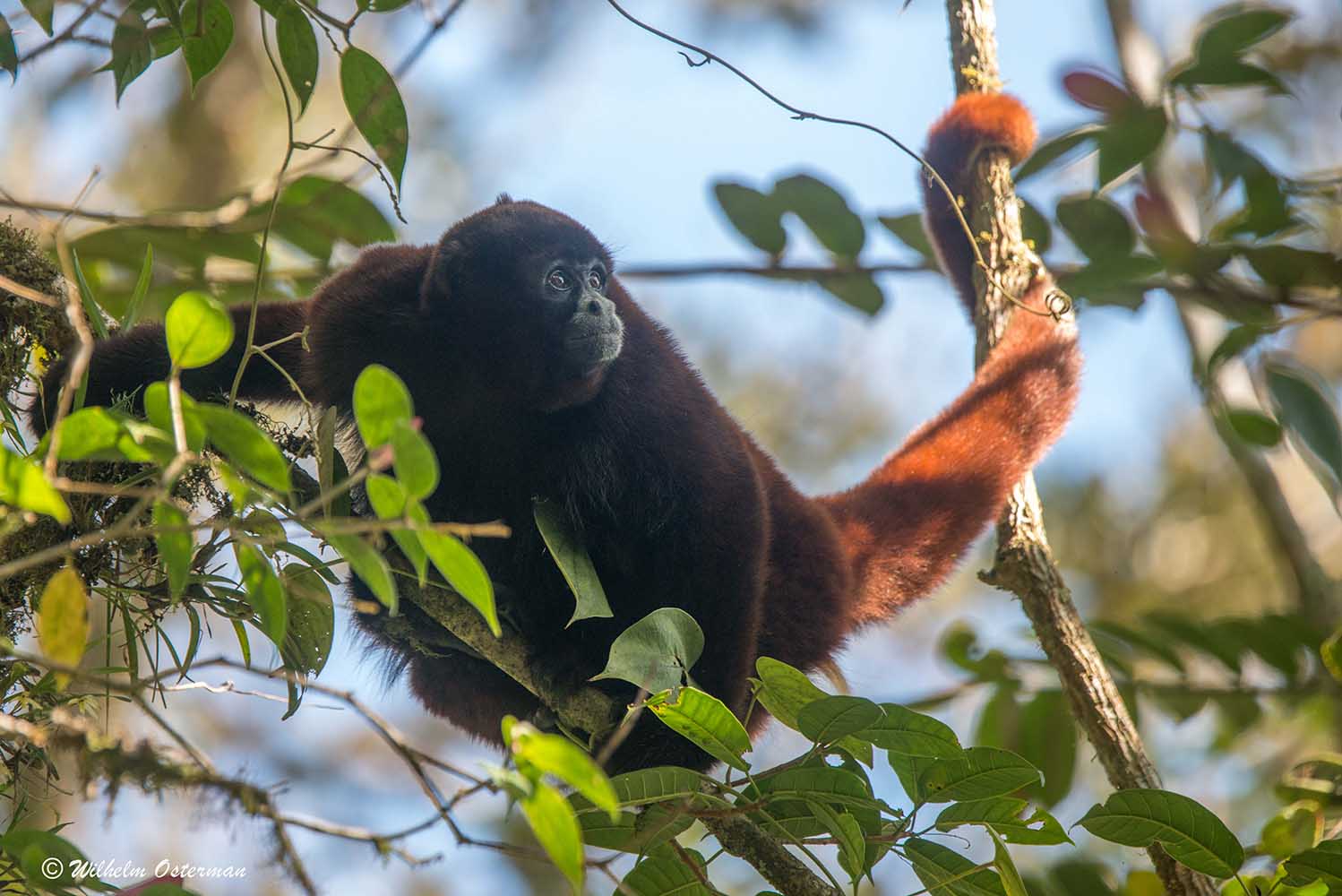
An achievement that encourages further work
Being a woman, researcher and biologist in a society where gender equity is still a pending debt and there are still many gaps to close is not easy, but the awards and nominations Fanny has obtained motivate her and the organization where she works to provide spaces for young professionals to have the opportunity to develop in the field of conservation.
“The theme of being represented is very important. For a person who is in training, seeing someone like you, who looks like you, generates a lot of inspiration. That’s why it is crucial that more and more institutions include these (gender) approaches in their daily work,” she added.
Fanny, who also received the Medal of the Order of Merit for Women in 2014, adds that it is important to provide opportunities for women to participate in communities, so that girls can see themselves reflected and the impact does not remain only in these spaces, but goes beyond.
Finally, Fanny explains that it is not necessary to work in conservation organizations to contribute. “We ourselves as consumers are decisive in thinking about the origin of the product we consume, for example, that it does not come from crops that cause deforestation. We can do a lot at this moment, which is decisive for us, since it is our present,” she concluded.
About CEPF – Tropical Andes Hotspot Project
The Critical Ecosystem Partnership Fund (CEPF) is an initiative that seeks to ensure that civil society is engaged in conserving biological diversity.
As part of its regional-scale intervention strategy throughout the Tropical Andes, CEPF has formed the Regional Implementation Team (RIT) comprised of Natural Heritage Foundation from Colombia, Profonanpe from Peru, and ACEAA (Bolivian Association for the Research and Conservation of Andean-Amazonian Ecosystems) from Bolivia to undertake conservation initiatives in three countries in the region that are part of the Tropical Andes Hotspot: Bolivia, Colombia and Peru.


